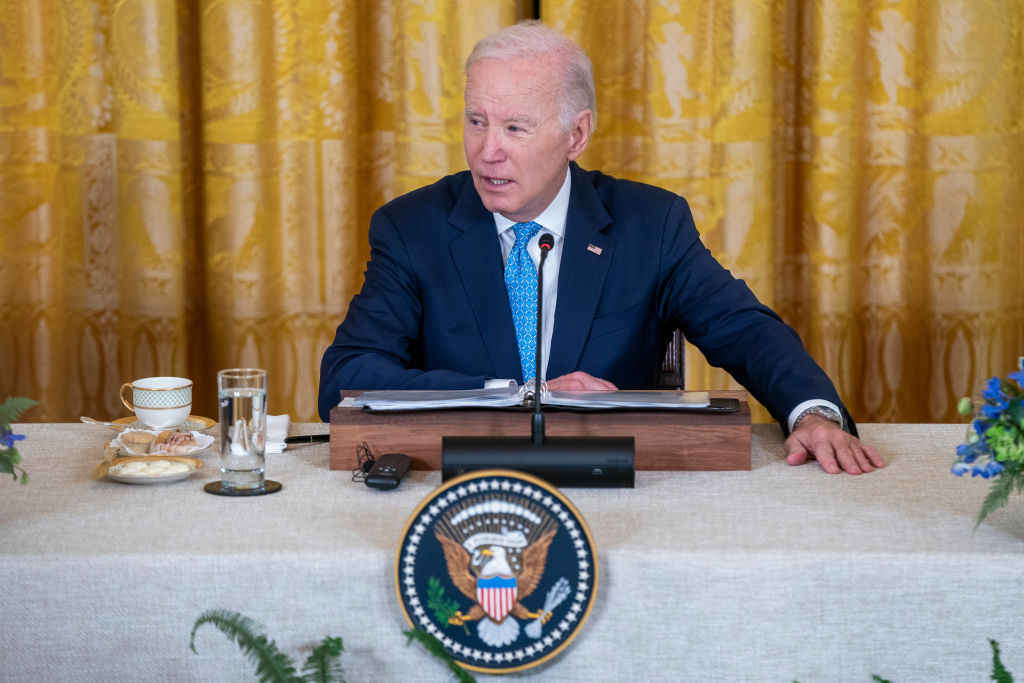
November 5, 2023
President Biden Removes African Countries From AGOA Trade Program
President Joe Biden is making changes to the longstanding trade program with sub-Saharan African nations after allegations of human rights violations. The world leader has removed Central African Republic (CAR), Gabon, Niger, and Uganda from the African Growth and Opportunity Act (AGOA) in light of these issues.
As reported by BBC News, Biden’s removal of Niger and Gabon stems from their newfound is that they are not progressing in the “protection of political pluralism,” with both countries currently under military rule.
AGOA, established in 2000 during the George W. Bush administration, created duty-free trading with U.S. products.
As for CAR and Uganda, their expulsion stems from their accused human rights infringements, as the president warned the latter nation of its potential removal following its strict anti-homosexuality law. According to Ugandan law, those found guilty of engaging in same-sex acts can receive the death penalty for their illegal action.
Biden released a statement officiating the removal in a letter to Speaker of the House Mike Johnson (R-LA).
“Despite intensive engagement between the United States and the Central African Republic, Gabon, Niger, and Uganda, these countries have failed to address United States concerns about their non-compliance with the AGOA eligibility criteria,” Biden wrote.
As detailed by the International Trade Administration, the AGOA requires countries involved to adhere to and establish market-based economies, rule of law, and combat corruption in order to receive the benefits.
“The U.S. Government will work with eligible countries to sustain their efforts to institute policy reforms, and with the remaining nine Sub-Saharan African countries to help them achieve eligibility,” as stated on its website.
The removal will begin next year. Experts, though, are concerned about the impact of the nations’ economies without this support, including in job creation and exporting products. But the United States is considering updated regulations and reform to the trade deal as it expires in 2025, with Biden in support of its expansion with new amendments.
“We would like to see this program be more than just a symbolic one,” shared U.S. Trade Representative Katherine Tai at a trade forum on Nov. 3, as reported by Reuters. “We would like for it to be more useful and effective.”